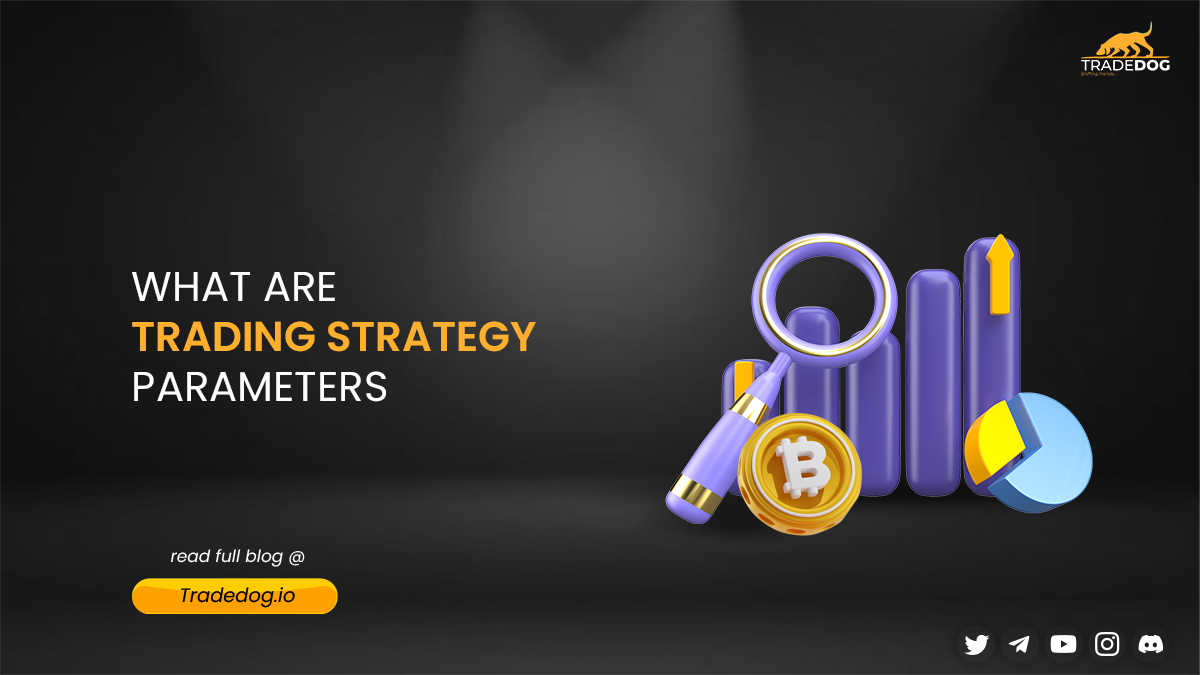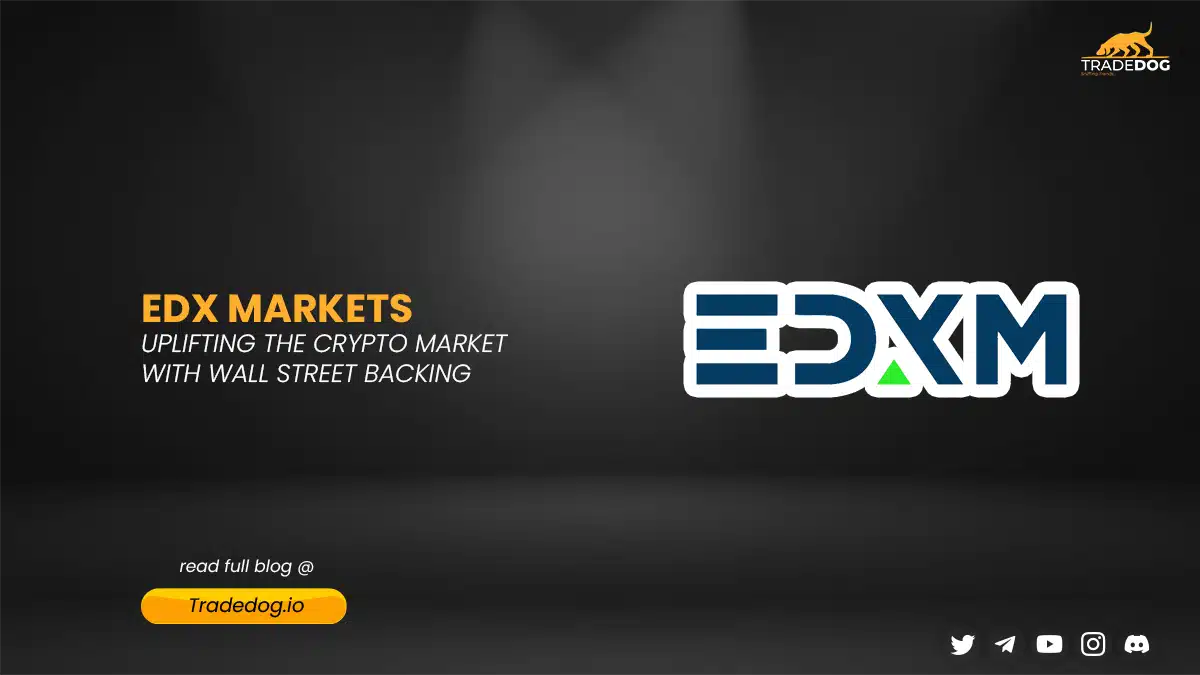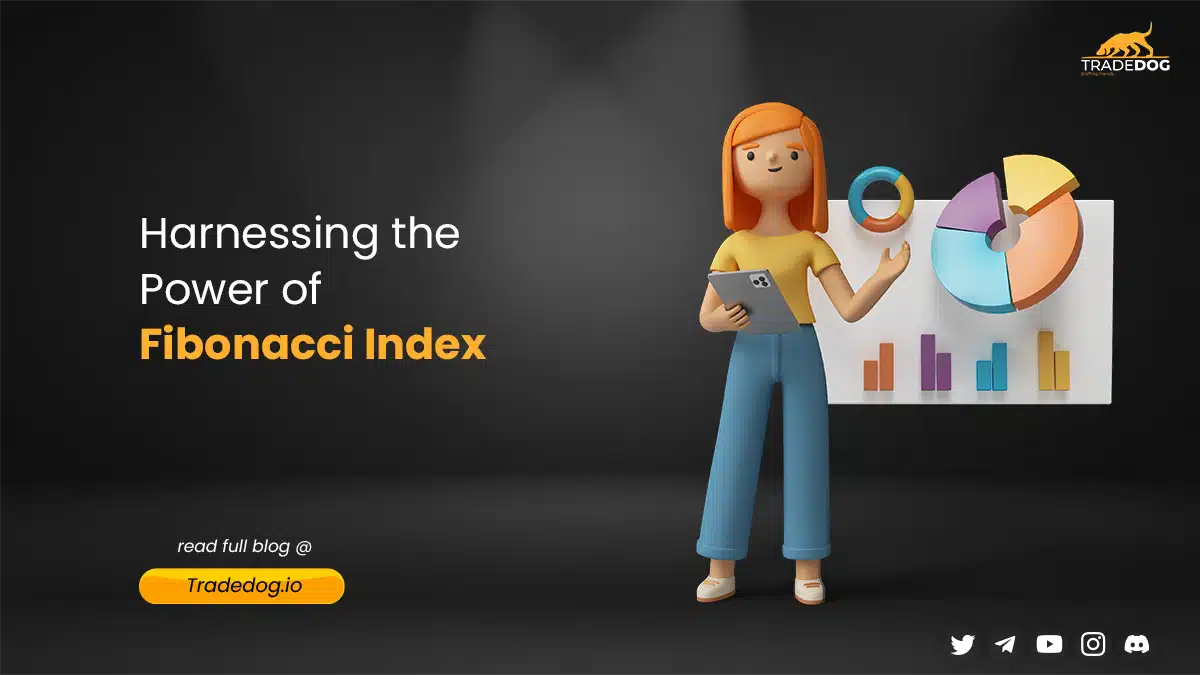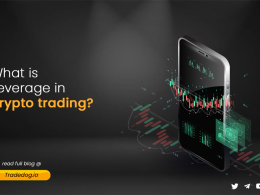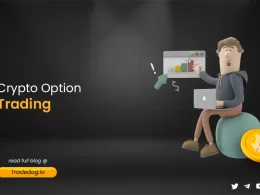Quick Links
Interest in cryptocurrencies has been on the rise throughout this decade and almost everyone who uses the internet has come across the word ‘Bitcoin’. This interest had something to do with the huge surge in the number of ICOs or ‘Initial Coin Offerings’ wherein blockchain projects would raise millions of dollars by offering crypto tokens in exchange for Bitcoins and other digital currencies. In a span of a few years, more than 5000 ICOs offered their own unique crypto tokens and raised figures exceeding $21bn collectively.
As profitable as it may seem, investing and trading cryptocurrencies have been quite difficult for some as keeping track of digital assets, using wallets, and understanding the technology confused them. The ones who were skilled at crypto trading and finding good investments also suffered another drawback of ICOs that were low liquidity, huge exchange fees, and scams. Fortunately, crypto trading for beginners has gotten much easier than it was before. With new crowd sale guidelines, security enhancements, and IEOs, newbies can still tap into the profits and wealth of cryptocurrency markets.
Here’s what you need to know before making the first move
First and the Foremost: Howey Test
Howey Test was devised to determine if the securities are subjected to specific disclosure and registration requirements and whether certain transactions qualify as ‘investment contracts’. Originated by the SEC back in 1946 it applies to all cryptocurrencies, tokens and digital assets. This test is made for public awareness to help them identify scams that are usually in the guise of get-rich-quick and Ponzi schemes.
Some of the famous scams in the past have duped many investors of millions of dollars without actually providing any useful product. Some notable examples of such scams are UET or the ‘Useless Ethereum Token’ ($300k), Pincoin ($660 million), Arisebank ($600 million) and more. Make sure you verify the authenticity of the coins before investing or trading its asset. As opposed to the scams and thefts, ICO’s days are now over and investors can safely interact with cryptocurrencies and projects safer than before.
Storing your cryptocurrencies and tokens
Beginners in crypto trading should be very cautious while storing and sending their assets across digital addresses. Each cryptocurrency has a unique private key that represents your unique account out of the thousand others. There are many options to choose from when you have decided which digital asset you will trade and Hold. Out of the many choices, keeping your coins in a hardware wallet is highly advised. There are also many software wallets available, which enable investors to store their own private keys with an app that can be accessed across their devices such as smartphones, laptop,s etc. In our next 101 series, we will explain wallet fundamentals, exchange storage, and other important aspects to help you secure your coins yourself.
Investment advisory
Unless you are a pro at trading cryptocurrencies, do not initiate orders as the crypto markets are always susceptible to high volatility and less liquidity. This can’t be stressed enough as you will have to reckon with confusing bottlenecks such as limit order, market order, trade volumes, stop loss etc. Slippage can also impact your profits if markets are volatile at the moment of your trade which is furthermore responsible for lower liquidity and price fluctuations.
Reading charts and analyzing trends are also a hassle while trading digital assets. Choosing perfect timings and keeping control over emotions is a must while trading. Once you master these prerequisites, you will become a skilled trader who can still grow his profits in adverse market conditions.







